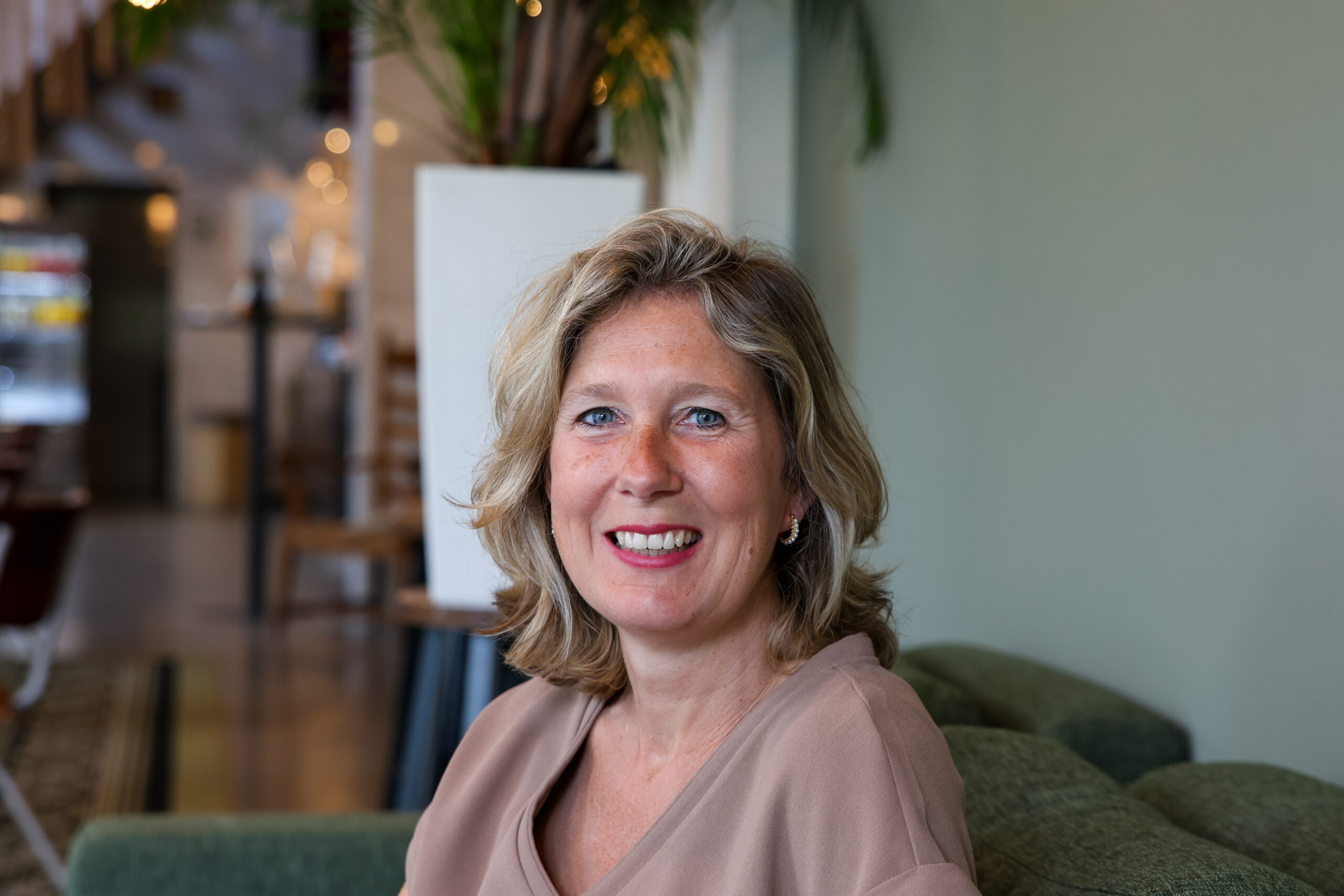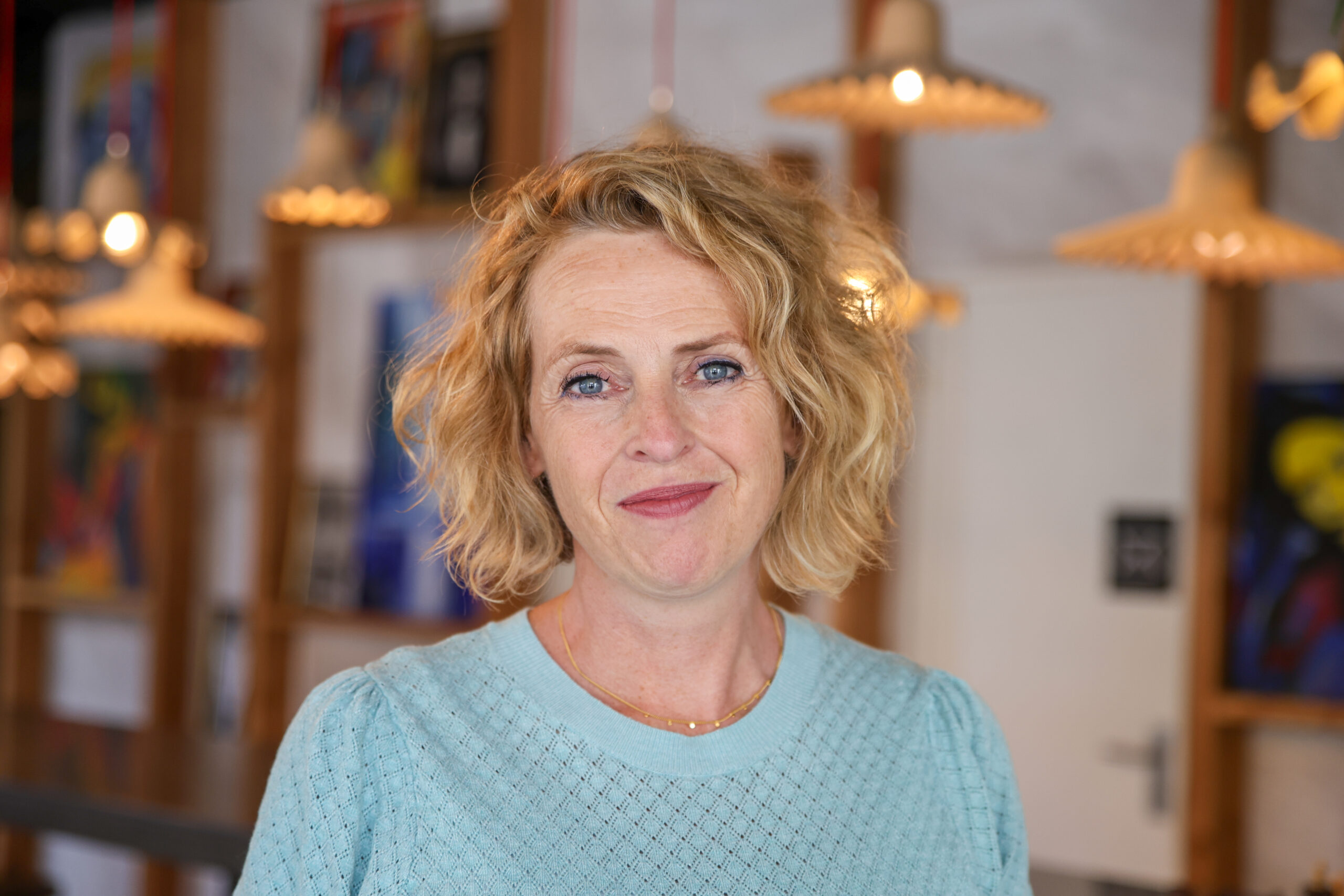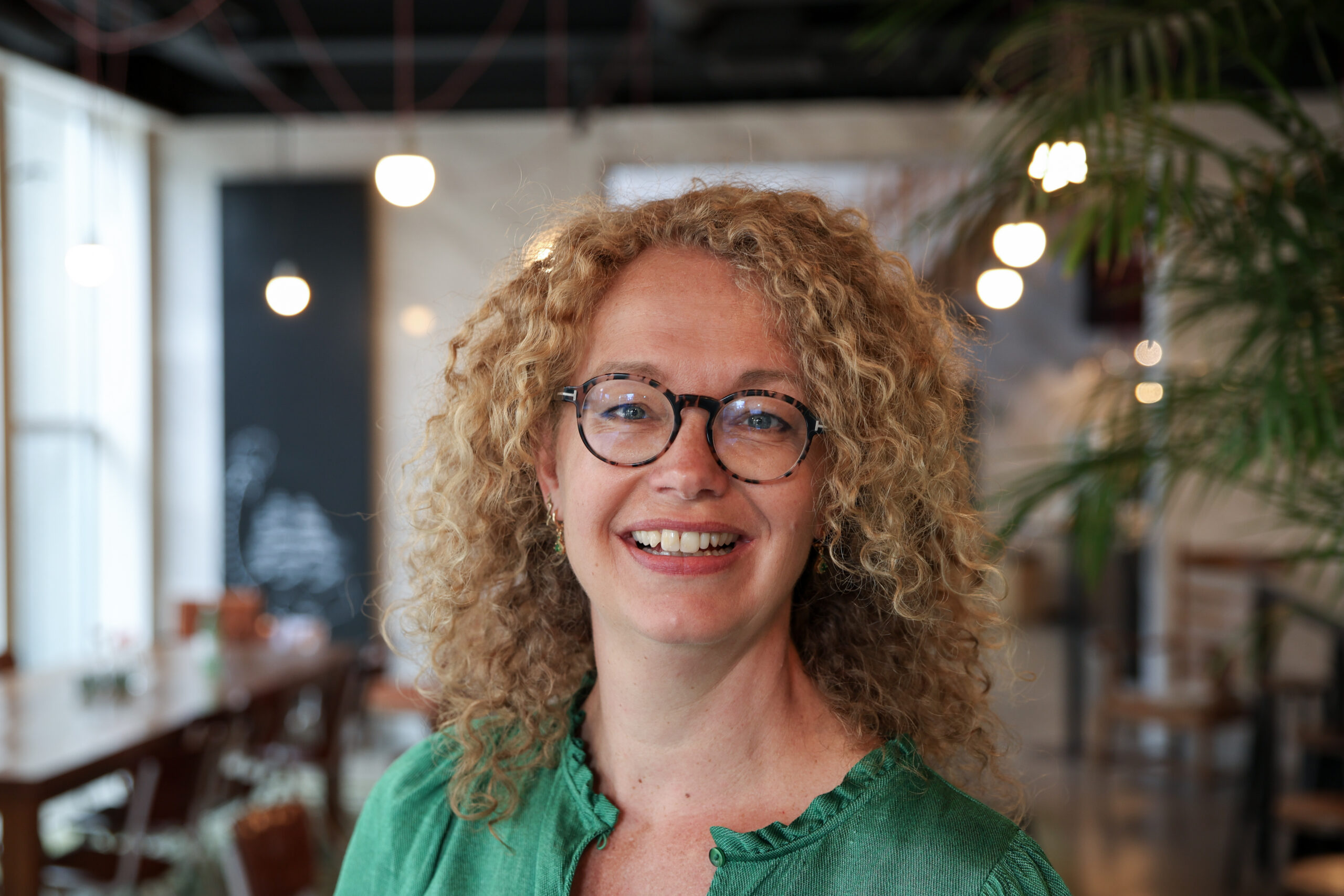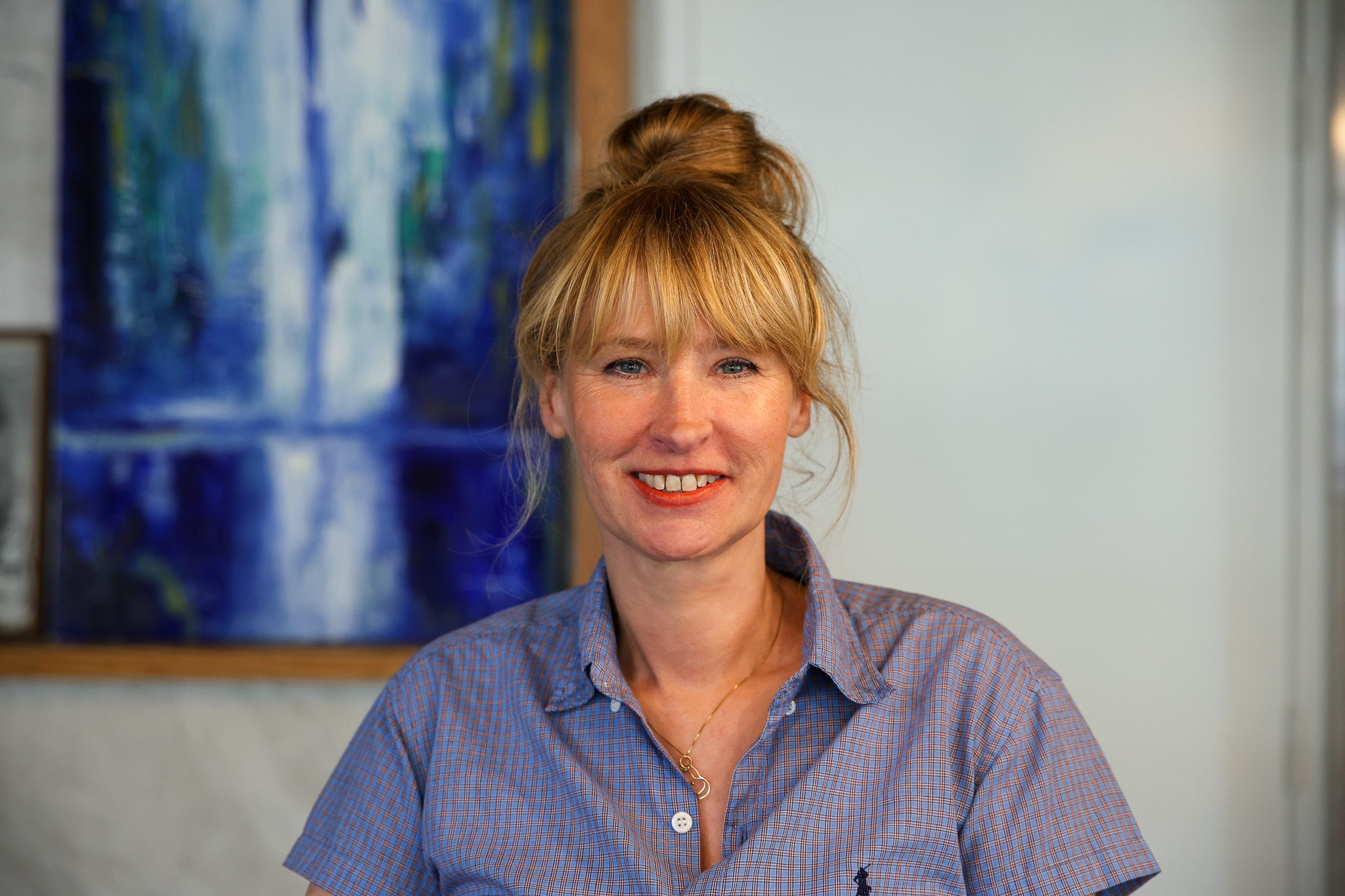Emotional agility
Emotional agility or EI (Emotional Intelligence)
(A contribution by Lemongrass Coach Wendy van de Kragt)
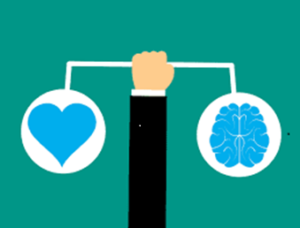
Emotional agility: Looking for some inspiring imagery for a dear client who wants to get to know her emotions better, I stumbled across this Ted x video.
I looked at it and thought: this woman says exactly what I do when I'm at work, only I hadn't yet found the words for it in this way. Thanks Susan David, psychologist and leadership expert.
In my words:
We often inhabit only one side of the lemniscate: the side of emotional rigidity. We emphasize being strong and positive—“Wow, how impressive that she stays strong,” we say when someone carries on after the loss of a loved one. In doing so, we unintentionally judge emotions that don’t fit this narrative. Life is unpredictable, the world is turbulent, and we are human. That means we all experience fear, anger, shame, powerlessness, sadness, guilt, resentment, jealousy, and despair at times. If these emotions are not allowed to exist, they go underground and gain power. Alternatively, we might become consumed by them: I am angry, I am wronged, letting our ego take the wheel. Instead, we can take a different approach: I feel anger or I have anger. By naming the emotion without becoming it, we create space to process and navigate it more healthily.
Acknowledge and name concretely
When we acknowledge that we have an emotion and can welcome it with an open heart—recognizing it in ourselves and others, such as our children, colleagues, or loved ones—and learn to name it concretely (not just “I am stressed” but rather “I feel a lot of anger now that my manager has, for the second time, assigned that exciting project to my colleague”), we create space to explore what the emotion is telling us. Is it touching on an old wound? What value or need of ours is at stake here? This mindful curiosity allows us to better understand our emotions and the underlying drivers, creating opportunities for growth and alignment with what truly matters to us.
By acknowledging, normalizing, and exploring our emotions, we learn more about ourselves and each other. This process helps us reflect on what we want to do with the insights we’ve gained. The key is that we move away from impulsive, often unconscious reactions driven by emotion, and instead gain the freedom to choose how we want to act. In this final step, it’s crucial to align your actions with your values. What truly matters to you? What is your higher purpose? Acting in line with these principles often requires courage—such as initiating a genuine conversation to address something that’s important to you. This values-driven approach empowers more intentional, meaningful actions, even in the face of discomfort or fear.
All of this is essential to navigate uncertain times while staying true to your internal compass, rather than being driven by fear and uncertainty.
Susan David:
"At its core, emotional agility is about the capacity to see ourselves and others in a wholehearted and healthy way. It's a set of essential psychological skills for our complex world-a world that often chooses not to see.."
Tips
How can you pay more attention to your emotions? For a start: start writing! Keep a journal where you write down your emotions for a few minutes every day. Or start the day with journaling; write down everything that comes to mind for 10 min. And learn to notice, allow and endure your feelings: practise noticing what happens in your body without immediately doing anything about it: body scan, breathing exercises, meditation. Finally, discuss your feelings with your loved ones both at home and at work.
Wendy van de Kragt
Request a free introductory meeting
Would you like to see if there’s a good fit? Request a free, no-obligation introductory meeting.
We will contact you within 24 hours to schedule an appointment.
Meet our coaches
Janique Wienk
Career and life coach/psychologist
Sandra Meijer
Career, Stress and Life coach/psychologist
Wendy van de Kragt
Personal leadership and Stress coach/psychologist
Jeannette Hakman
Personal leadership, Stress and Career coach/psychologist


